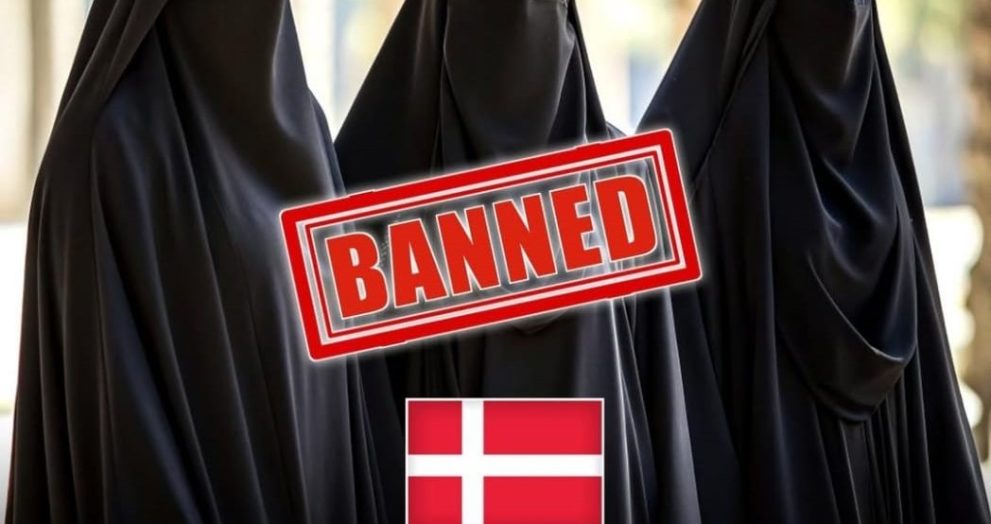Pakistan Government Plans to Replace Solar Net Metering with Gross Metering
The Pakistani government is planning to replace the present Solar Net Metering system with a gross metering model, marking a significant change in policy. According to reliable sources, the Power Division has nearly finalized a new solar policy aimed at restructuring how renewable energy is integrated into the national electricity system. The proposed change, which will soon be submitted to the federal cabinet for approval, represents a dramatic turn in the country’s solar energy strategy. The draft policy is currently awaiting a final review by the National Electric Power Regulatory Authority (NEPRA) before proceeding to the next stage. The existing solar net metering model allows consumers to offset their electricity bills by selling surplus solar energy back to the grid at nearly the same rate they purchase electricity. However, under the proposed gross metering system, consumers would sell all the electricity generated by their solar panels to the grid at a fixed buyback rate, while purchasing their electricity separately. The most critical detail in the policy is the drastically reduced buyback rate: Rs. 11.33 per unit. Compared to the present tariff of Rs. 27 per unit under the solar net metering scheme, this is over 60% less. After the new system is formally put into place, new solar customers will be subject to it, but current users will be able to keep their current prices. The draft also suggests linking future buyback prices to one-third of the regular electricity tariff, with Rs. 11.33 being set as the baseline figure. Government Justification: Rs. 159 billion Cost Burden Officials in the Pakistan Government argue that the net metering policy has created a substantial financial burden on non-solar users. According to internal estimates, the current system has cost the country Rs. 159 billion, including Rs. 103 billion in inflated costs due to premium payouts for solar-generated electricity. By moving to a gross metering model, the government believes it can distribute costs more equitably across all electricity consumers and ease pressure on national subsidies and power sector debts. Target: 8,500 MW of Solar Power Integration Despite the lower rates, the Pakistan Government remains committed to expanding renewable energy capacity. The new policy envisions integrating up to 8,500 megawatts (MW) of solar power into the national grid. Officials maintain that while compensation will be less attractive, the gross metering model still encourages investment in solar infrastructure. For those already using solar net metering, the announcement offers a level of relief, as their agreements will remain unchanged. However, new adopters are expressing concern that lower returns could discourage future investment in solar energy, slowing down Pakistan’s green transition goals. This policy could affect thousands of households and businesses planning to switch to solar in Pakistan. With rising electricity costs and frequent power outages, solar energy has become a popular alternative. The shift away from solar net metering could deter new installations, potentially slowing the pace of sustainable energy growth in the country. Consumers are now left with questions: Will the reduced rate still make solar investment worthwhile? And how will the transition be managed for new applicants? While the Pakistan Government defends the policy as a move toward financial fairness and sustainable grid management, critics argue it may dampen enthusiasm for solar adoption. The destiny of solar net metering in Pakistan is up in the air as the cabinet gets ready to consider the draft; the outcome might drastically alter the country’s energy landscape.














